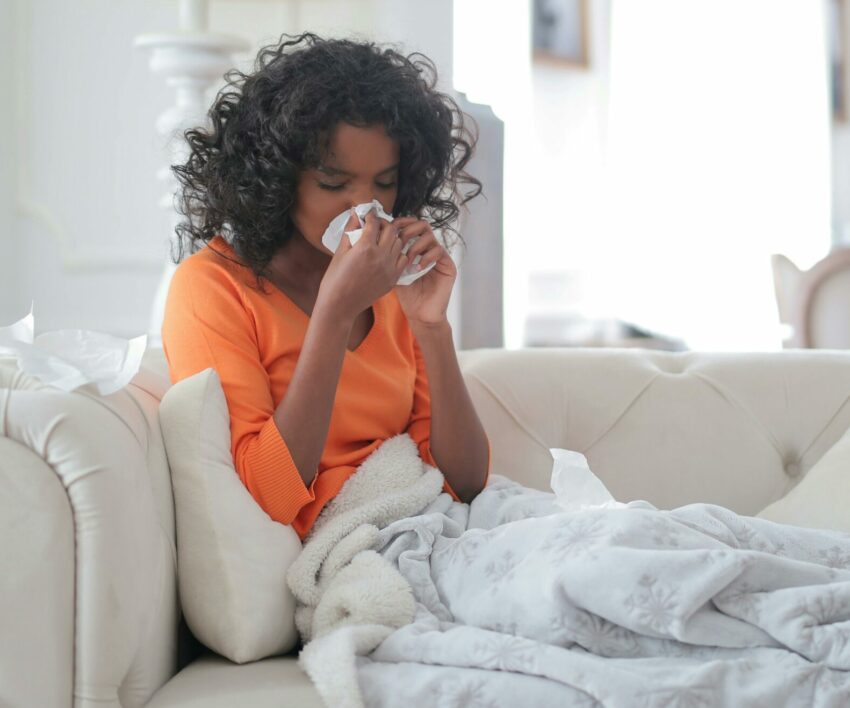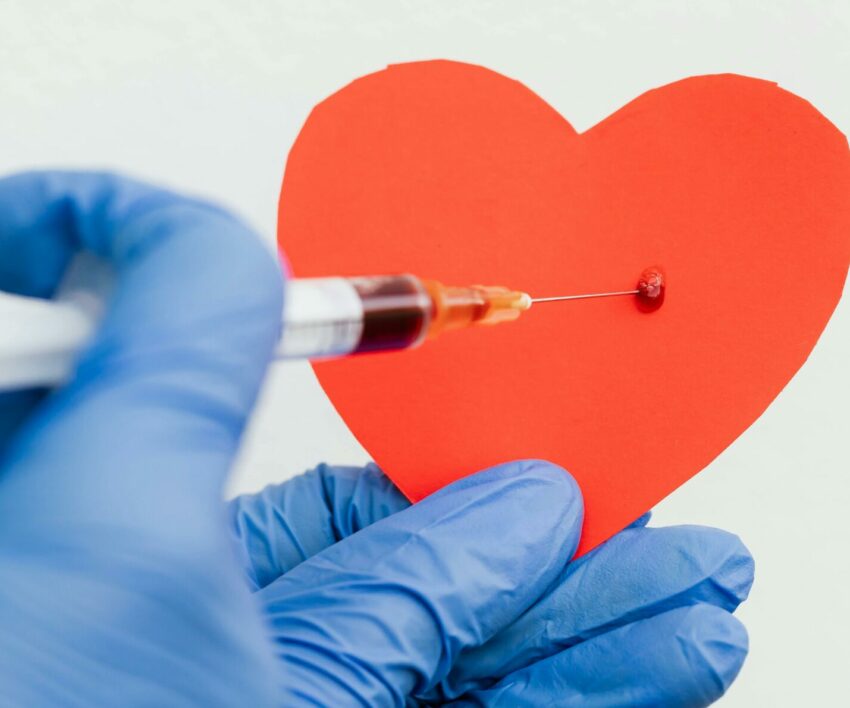sick: picture: pexels
While the world has grown vigilant about respiratory illnesses, a lesser-known virus is making headlines—Human Metapneumovirus (HMPV).
As recent outbreaks draw attention to its potential impact, it’s time to understand what sets this virus apart, how it spreads, and most importantly, how you can stay protected.
The Cleveland Clinic explains that HMPV is a virus that causes symptoms similar to the common cold, often causing upper respiratory infections. It is also said to cause lower respiratory infections like pneumonia, asthma flare-ups, or worsen chronic obstructive pulmonary disease (COPD).
The above clinic further notes that most people get HMPV before turning 5 years of age, and symptoms are usually mild after the first infection. This virus is transmitted through direct contact with someone or touching contaminated objects, the mentioned clinic explains.
“You’re at a higher risk for severe illness if you are younger than 5 (especially premature infants) or older than 65, have a weakened immune system (from conditions like HIV, cancer or autoimmune disorders, or from medications that suppress your immune system), have asthma or COPD.”
According to the American Lung Association, HMPV patients typically experience mild upper respiratory symptoms like cough, nasal congestion, sore throat, and fever, with severe cases requiring additional medical care for secondary lower respiratory infections.
It is mentioned that mild HMPV symptoms typically go away on their own, but if symptoms worsen and cause shortness of breath, severe cough, or wheezing, a doctor should be consulted.
The WebMD claims that this virus has no specific cure, but that its treatment and symptoms usually go away on their own. However, over-the-counter pain relievers, decongestants, inhalers, corticosteroid nasal sprays, and steroid prescriptions are recommended as they can help manage symptoms.
The above source further explains that reducing the risk of being affected can be achieved by staying away from sick people, washing hands before touching your face, staying updated on other vaccinations, covering mouths, using alcohol wipes, and not touching high-contact surfaces.
Also see: Understanding the causes of Marburg, the bleeding eye virus that’s claiming lives in East Africa










